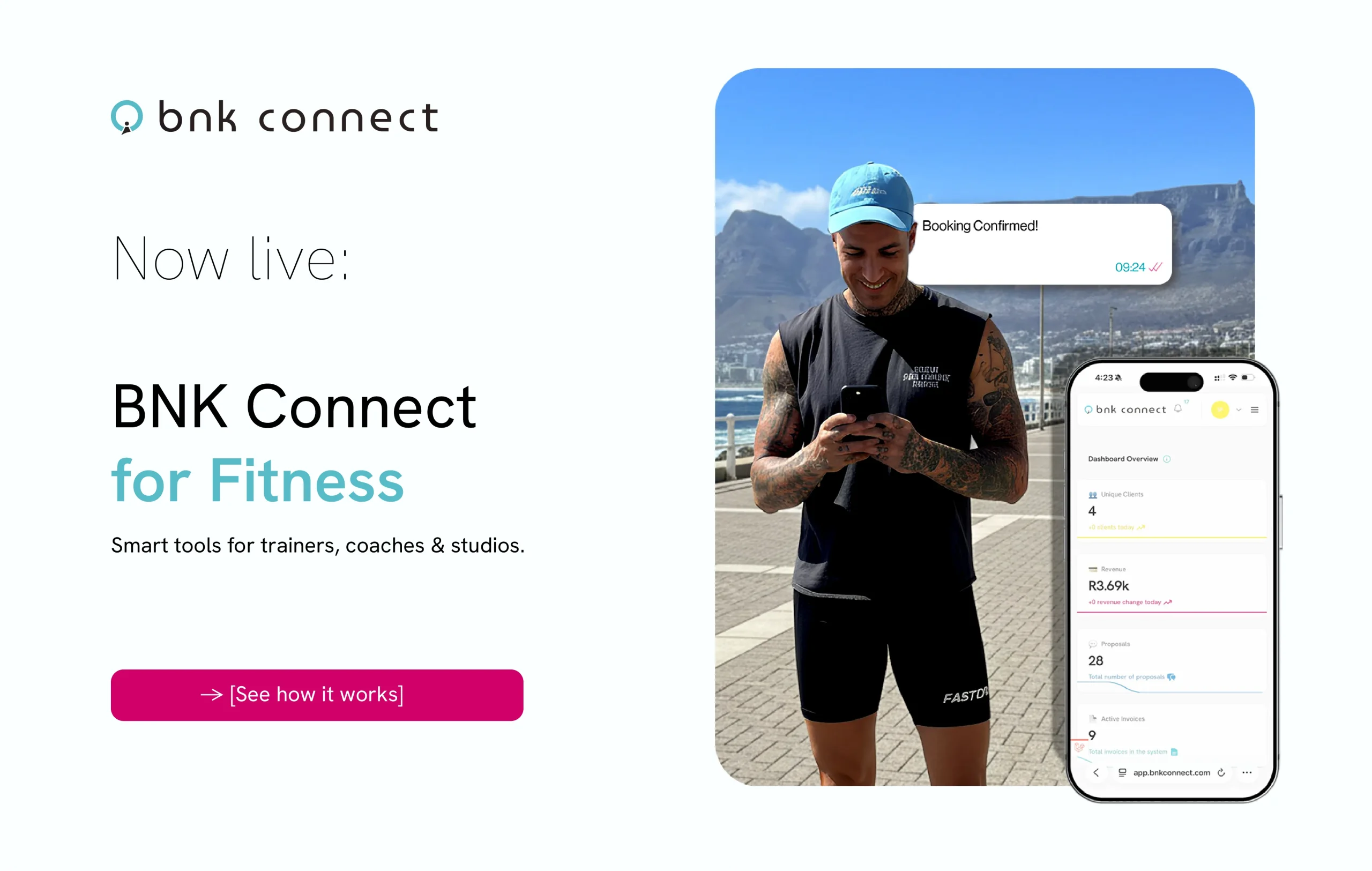

For years, many service providers worked with the same mindset: the broader your skill set, the more clients you’ll attract.
Trainers advertised themselves as “fitness for everyone,” stylists promised they could handle any wardrobe need, and personal shoppers cast their nets wide across every demographic. It sounds logical – the wider you spread your offering, the bigger the potential pool of clients. But in practice, the opposite often happens.
Today, more providers are finding that narrowing their focus is the key to building a stronger business. From postnatal fitness trainers to stylists who focus exclusively on capsule wardrobes, niche expertise is turning into a powerful way to stand out. And for clients, the appeal is clear: they don’t want “one-size-fits-all.” They want someone who truly understands their specific needs.
Why Clients are Drawn to Specialists
When someone searches for help, they’re not just looking for a service; they’re looking for trust. A new mother trying to get back into exercise after having a baby doesn’t want to gamble on a trainer who “works with everyone.”
She wants someone who has studied postnatal recovery, knows the physical and emotional challenges, and can design a programme that takes her unique situation into account.
By specialising, providers signal instantly: “I get you. I’ve worked with people like you before. I understand what matters.” That recognition is powerful. It saves the client from guesswork and builds confidence in the provider’s ability to deliver results.

Standing Out in a Crowded Market
Another reason niche expertise is so valuable is visibility. In saturated industries like personal training or styling, it’s easy to blend into the background when your message is “I do everything.” But when you carve out a niche, your brand becomes sharper.
Not only does specialisation make you easier to find, but it also makes your offering more memorable. People may not remember a “general trainer,” but they’ll remember the “trainer who helps runners avoid injuries” or the “stylist who builds capsule wardrobes for busy moms.”
The clearer your niche, the easier it is for people to talk about you – and that’s how word-of-mouth spreads.
Specialisation Builds Stronger Relationships
Clients who choose niche providers also tend to be more invested. That’s because they’re not just shopping for a generic service; they’re seeking someone who understands them on a deeper level. When the fit is right, trust builds faster, and that relationship often lasts longer.
For example, a personal shopper who specialises in plus-size fashion isn’t just selling clothes. They’re creating a safe, supportive space where clients feel seen and valued. The emotional impact of that goes far beyond a shopping trip – it’s something clients will return to again and again.
And for providers, working with a specific group often means more fulfilling work. Instead of trying to please everyone, they’re helping clients they genuinely understand and feel passionate about supporting.
The Business Case for Niches
It’s not just about feel-good factors. Specialisation can also be a smart financial move. Niche providers often attract clients who are willing to pay more for targeted expertise. Why? Because they see it as an investment in better results.
A trainer who specialises in injury rehabilitation, for example, brings knowledge and reassurance that a general trainer can’t. That added value justifies higher rates. Similarly, a stylist who focuses on sustainable fashion isn’t just picking outfits – they’re guiding clients through a lifestyle choice that aligns with their values. That level of alignment creates loyalty, which often translates to repeat business and referrals.
Instead of competing on price, niche providers can compete on expertise. And that makes for a more sustainable business model.
The Risk of Staying Too Broad
On the flip side, trying to be everything to everyone can dilute your brand. It often leads to vague marketing messages, unclear service offerings, and clients who don’t really know what you stand for.
The danger is spreading yourself so thin that you never quite meet anyone’s needs fully. Clients sense that lack of focus, and instead of feeling confident, they hesitate. Worse, you may end up attracting short-term, one-off bookings rather than building long-term relationships.
That’s why narrowing your scope – even if it feels risky at first – can actually create more stability over time.

How BNK Connect Supports Specialists
At BNK Connect, we’ve seen firsthand how niche expertise helps providers thrive. The platform was built to showcase individuality, not force everyone into the same mould. Trainers, stylists, and personal shoppers can highlight their specialisms clearly, making it easier for clients to find exactly what they need.
Whether you’re a wellness coach working with clients managing autoimmune conditions or a stylist who focuses on building capsule wardrobes, BNK Connect gives you the visibility to stand out in your chosen space. It also helps you manage the practical side – from scheduling to payments – so you can spend more time refining your expertise and connecting with the clients who value it most.
In a world where clients increasingly expect personalisation, the ability to showcase your niche isn’t just nice to have – it’s essential.
Specialists are the Future
The shift towards niche expertise isn’t slowing down. In fact, it’s becoming the new standard. Clients don’t want generalists who offer “something for everyone.” They want someone who understands their exact needs, whether that’s recovering from an injury, creating a wardrobe that reflects their lifestyle, or shopping sustainably without compromise.
For providers, that means the real opportunity lies in defining your niche, owning it, and building a brand around it. It may feel like narrowing your focus reduces your chances, but in reality, it sharpens them. It brings the right clients to your door – the ones who value your expertise, trust your approach, and are willing to invest in long-term relationships.
The future of personal services isn’t broad. It’s focused, personalised, and deeply human. And for those willing to specialise, it’s full of potential.





